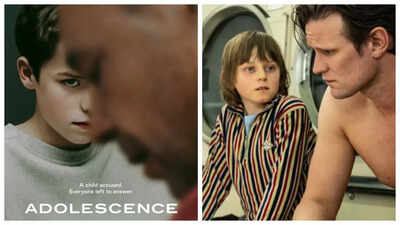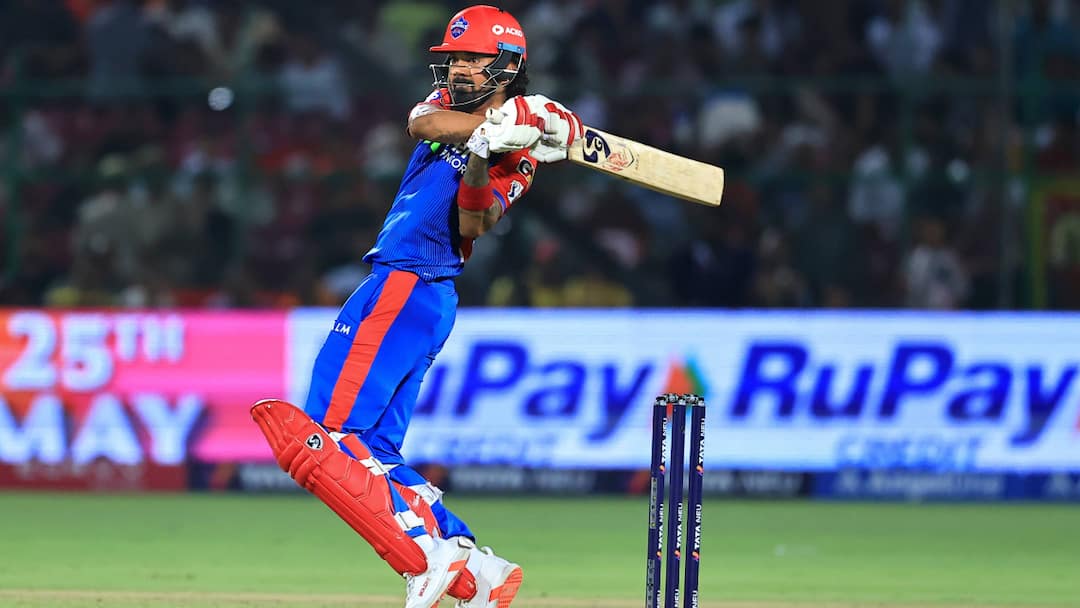As global storytelling leans deeper into the emotional complexities of childhood, a striking contradiction emerges in India as children are everywhere on screen, but nowhere in focus. International series like ‘Adolescence’ and ‘The Death of Bunny Monroe’ have placed teen performers at the emotional epicentre of stories about grief, masculinity, abuse, crime, and trauma. Indian cinema, however, continues to treat children as figures confined to the fringes of the plot, but rarely ever the driving force.This debate exploded into public view after the Kerala State Film Awards chose not to honour any children’s films or child actors for the second year in a row. The jury argued that the entries used children merely as ‘visual elements’. This comes at a time when 15-year-old British newcomer, Owen Cooper, rewrote Emmy history for portraying a boy accused of murder in the four-part drama series ‘Adolescence’.
How global shows are rewriting the rules
For British writer Pete Jackson, placing children inside very adult material isn’t a provocation, but rather a mirror. Speaking to ETimes about why he gravitates toward young perspectives in heavy narratives like ‘Somewhere Boy’ and ‘The Death of Bunny Monroe’, Jackson offers a rather candid explanation, saying, “I wanted to explore this idea that there are no monsters.”
Jackson explains, “Our relationships with our own fathers and then our relationships with our own children are endlessly complex… There’s no monsters, you know. The world is only full of people trying their absolute best and usually getting it terribly wrong.”Jackson in his work refuses to smother the emotional violence of families. Instead, he asks audiences to experience the world as wide-eyed children, confused and powerless as adults go about making catastrophic choices that shape their realities.This approach would be nothing if not with extraordinary performers, like young Raphael Mathe, who plays Bunny Jr. Praising the young talent, Jackson says, “He’s just such a great actor… Bunny Jr’s an observer, and his journey is so complex. Rapha pulled that off. He was an absolute joy to work with.”Co-director Isabella Eklöf echoes Pete’s sentiments for the young star. She says, “Raphael is an extremely talented actor and a very sensitive boy. You can see everything in his eyes, and that makes him an astonishing actor.”
Owen Cooper and the ‘Adolescence’ phenomenon
If 2025 had a breakout star, it was Owen Cooper, who, at 15 became the youngest actor in Emmy Award history to win Outstanding Supporting Actor in a Limited or Anthology Series or Movie, for his devastating portrayal in ‘Adolescence’, a series built around a 13-year-old boy detained for murdering his classmate. The narrative unfolds in four long, single-take episodes that places the camera and the emotional burden, on the able shoulders of the child star.
Interestingly, the global reaction was euphoric. India, in particular, embraced the show, prompting filmmaker and leading man, Stephen Graham to express disbelief in an interview with Rolling Stone, “I got a text saying how big ‘Adolescence’ is in India. My first response was, ‘Hold on… did you say India?’ It’s produced an unbelievable ripple effect.”The reactions from Indian filmmakers were even more interesting, with Sudhir Mishra calling the show “the best news in years,” adding, “It violates every rule taught by bad script writing schools. It spirals down instead of soaring up.”Alia Bhatt called the series “truly perfection,” and filmmaker Karan Johar going a step further, calling it a “masterclass for parents”. In a lengthy social media post, he wrote, “Everything you do rubs off on your child. Adolescence is a wake-up call… the pandemic is NOW, and we just don’t see it.”Anurag Kashyap, meanwhile, paired his praise with criticism. He lauded the show saying, “I am numb and envious and jealous that someone can go and make that. The performances from the child actor Owen Cooper and Stephen Graham, who is not just playing the father but is also the co-creator of the show. The amount of hard work that has gone into the show. I can’t even imagine the rehearsals and prep they did so they could shoot every episode in a single shot.” However, he didn’t hold back on his criticism for the Indian branch of the streaming platform, saying, “How do we ever create something so powerful and honest with a bunch of the most dishonest and morally corrupt @netflix.in backed so strongly by the boss in LA?”
Meanwhile in India, children get left out of their own stories
Today’s most acclaimed adult dramas trust children with thematic weight that Indian filmmakers still hesitate to give them. As global television elevates childhood into a site of emotional truth, Indian cinema faces a crisis of representation, as highlighted by the Kerala State Film Awards.
“Just by casting children, it doesn’t become children’s cinema”, says Prakash Raj
Jury chairman Prakash Raj’s explanation for withholding the awards was direct, “We did not find a single film or even an attempt to make a children’s film… The child actors appeared out of sync with their age and were used merely as props.”This sparked immediate backlash. Devananda, acclaimed for ‘Malikappuram’, accused the jury of ignoring talent. He said, “They turned a blind eye to the upcoming generation. If those children had received the awards, it would have inspired many others.”
Questioning the double standards
Posting a still from ‘Sthanarthi Sreekuttan’, filmmaker Vinesh Viswanath noted the irony saying, “In a world of no worthy entries for Best Child Actor, they stand tall.”He asked , “Would they ever declare no award if they felt performances were subpar? The lack of limelight in children’s categories seems to make it easier to dismiss them.” He further emphasized that ‘Sthanarthi Sreekuttan’ hadn’t received certification as a children’s film from the Central Board of Film Certification, which may have impacted its eligibility. He called this “an outdated criterion” and insisted, “We need to rethink the parameters of what defines a children’s film today.”
Government’s response
Minister Saji Cheriyan defended the jury, saying only 10% of the 137 films met quality standards, but promised, “The government will hold discussions with industry stakeholders soon. If support is needed to promote films for children, we will provide it. There will definitely be awards in these categories next year.” Go to Source




